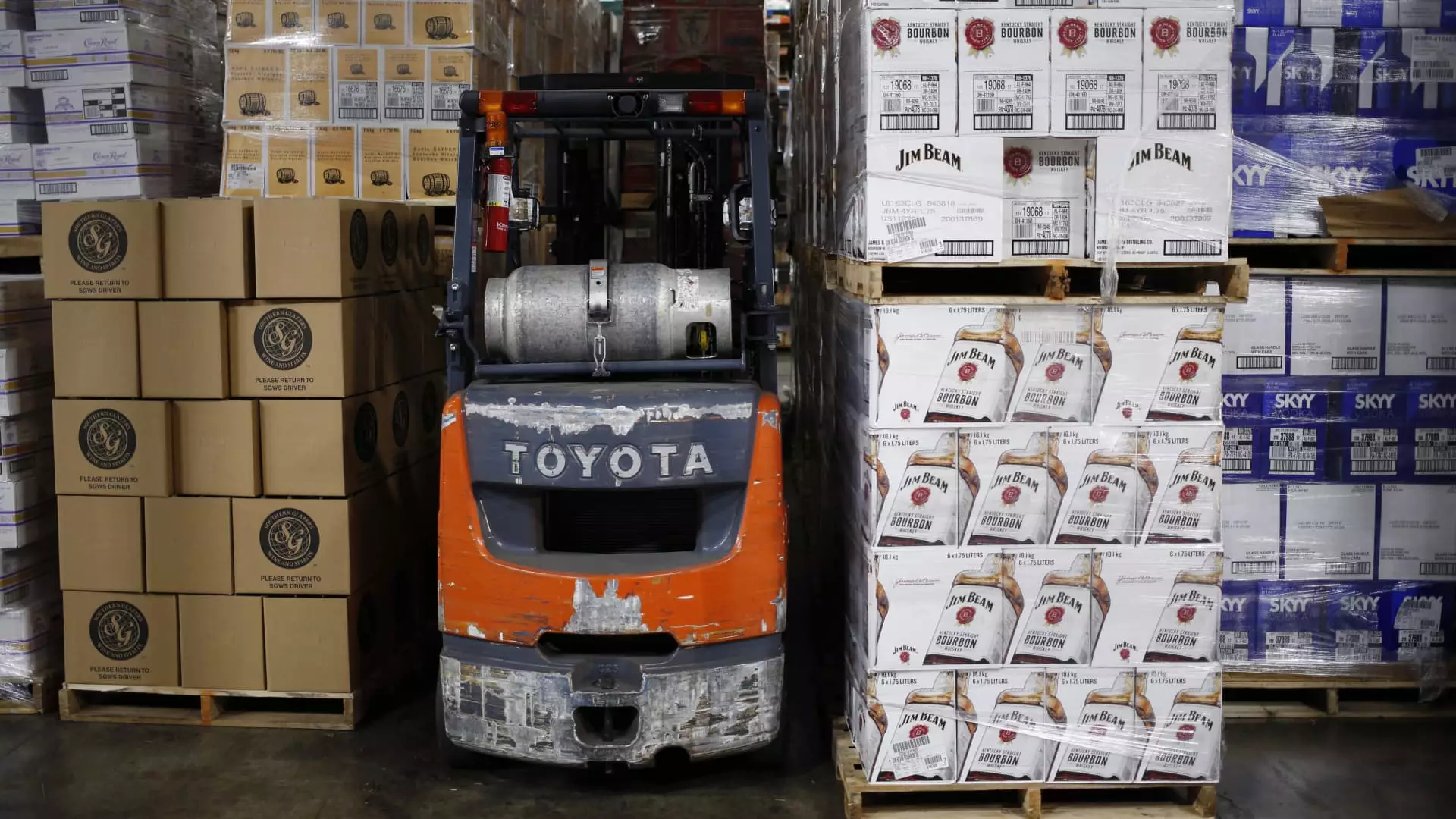In a significant move to uphold fair competition within the beverage distribution industry, the Federal Trade Commission (FTC) has filed a lawsuit against Southern Glazer’s Wine and Spirits, the largest distributor of wine and spirits in the United States. The lawsuit, announced recently, raises serious concerns about illegal price discrimination practices that have reportedly favored large retail chains such as Costco, Kroger, and Total Wine & More. With Southern Glazer’s generating around $26 billion in revenue in 2023 alone, the FTC’s legal action aims to bring attention to the disparities in pricing afforded to small, local retailers versus larger commercial players.
The FTC’s complaint centers on the assertion that Southern Glazer’s has engaged in unfair pricing practices under the Robinson-Patman Act since at least 2018. This federal law prohibits anti-competitive practices, specifically price discrimination that can harm competition by providing preferential discounts to certain retailers while excluding others. According to the complaint, Southern is accused of offering steep discounts to a selected group of large retailers without legitimate justification related to market conditions. A striking implication of these practices is that smaller retailers—local grocery stores, convenience shops, and independent liquor stores—were systematically deprived of competitive pricing, leading to diminished market share and the overall health of local commerce.
Price discrimination can have damaging effects on market dynamics and consumer choices. When large chains receive better pricing, they can leverage this advantage to undercut local businesses, resulting in limited options for consumers. FTC Chair Lina Khan highlighted these consequences, stating that unfair pricing practices lead to fewer choices and potentially inflate prices for everyday consumers. This scenario is detrimental not only for independent businesses struggling to survive but also for the communities they serve, which rely on diverse retail options for both economic vitality and consumer choice.
As the lawsuit unfolds, industry stakeholders are closely monitoring its effects. Southern Glazer’s distribution portfolio includes renowned brands from major suppliers like Pernod Ricard, Bacardi, and Diageo, making their pricing strategies of crucial interest to both consumers and competing retailers. The FTC has asserted that this case is not only about the distribution of alcoholic beverages; it reflects broader concerns over equitable market practices and the importance of maintaining a level playing field for all businesses, regardless of size.
This legal battle represents a landmark moment in the FTC’s ongoing efforts to combat anti-competitive behaviors and restore adherence to established trade laws. As this case progresses, it will likely set important precedents for other industries facing similar scrutiny. The outcome could have far-reaching implications for how distributors engage with their clients, particularly in terms of pricing strategies and competitive practices. As consumer advocacy groups, local businesses, and regulatory bodies watch closely, the potential for reform to protect smaller retailers may finally come to fruition—reshaping the landscape of American commerce for the better.

